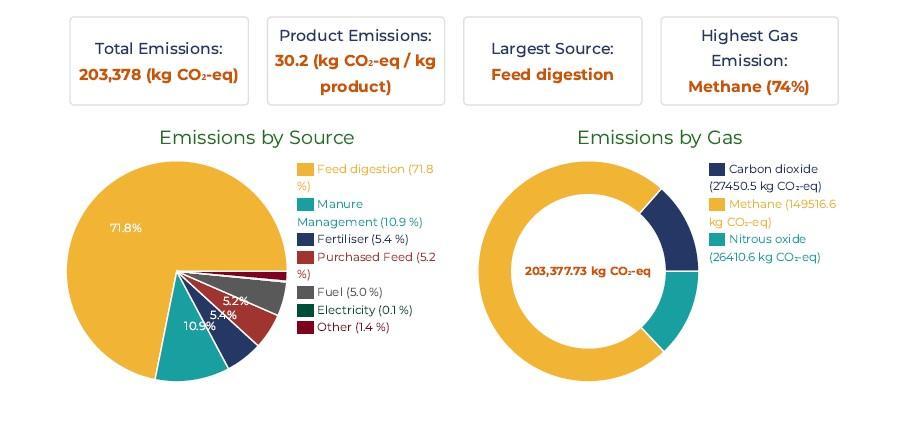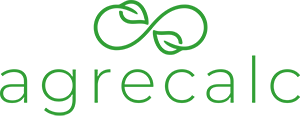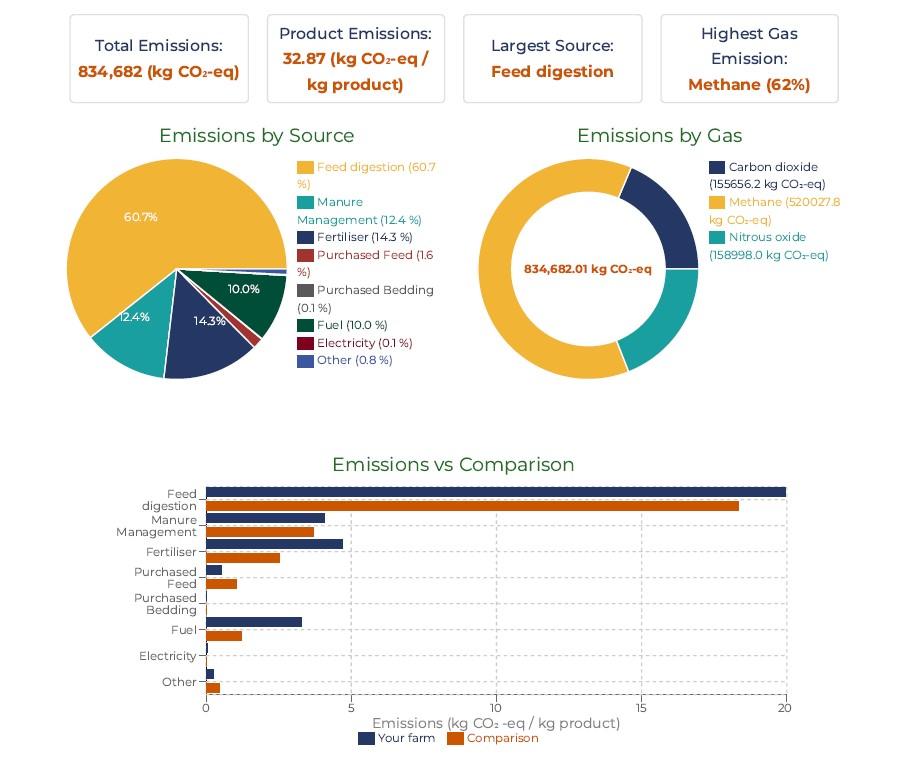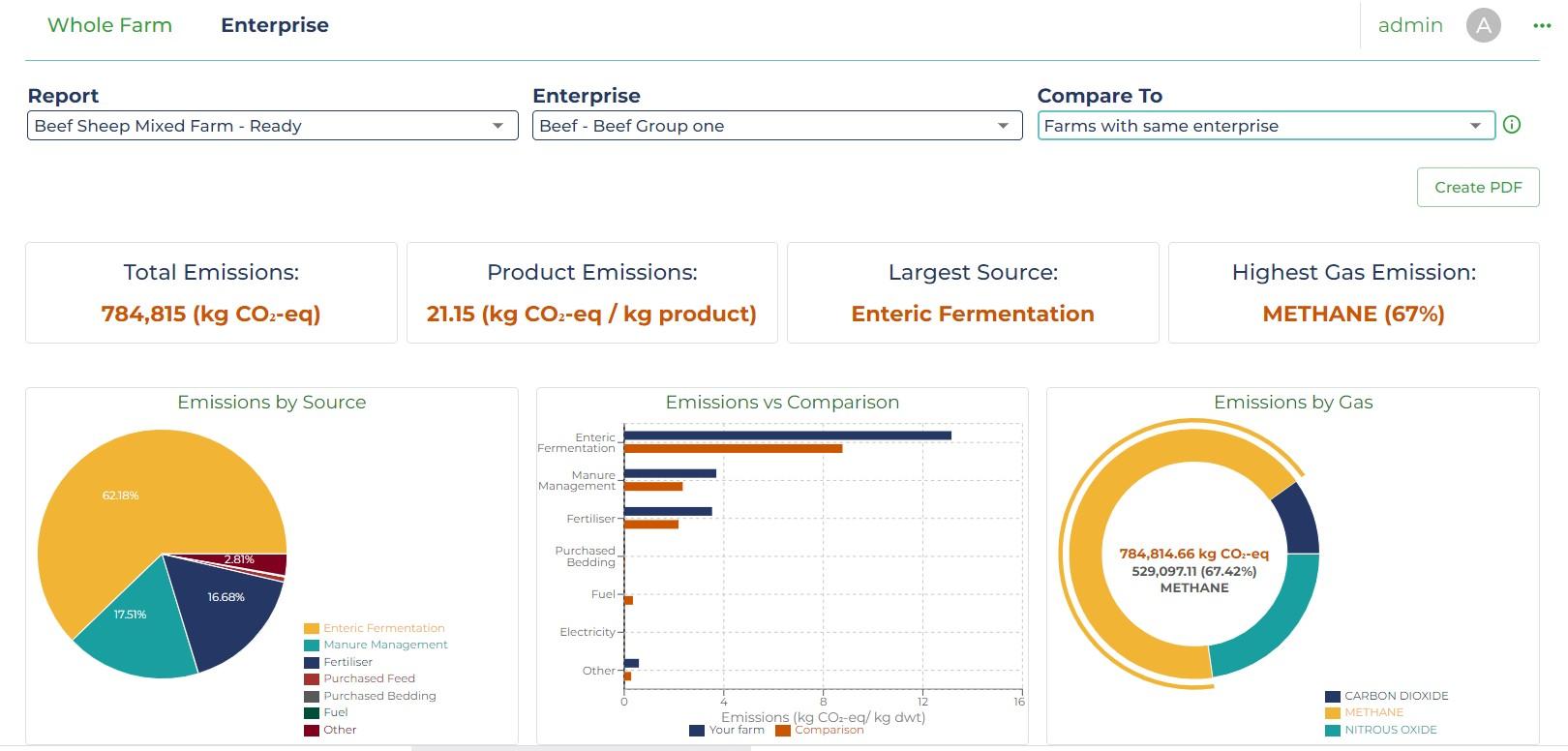
Utilise the new Agrecalc Cloud features to your benefit
Agrecalc Cloud now has the ability to manage multiple herds, enabling a more precise enterprise calculations and comparison between herds. The distinction between transferred manures and imported manures is now clear, solving a challenge our users encountered with the previous version.
We have also introduced an elective metric of GWP*, alongside the IPCC-approved metric of GWP100, at the request of our users who are keen to explore the merits of this metric and see for themselves what impact it has.
Reduce emissions without sacrificing quality or scale
Minimise overgrazing and ensure sufficient forage for each animal to align with available resources.
Mitigations like these improve overall herd health, reducing stress on animals and lowering the incidence of disease. Healthy animals often have better reproductive outcomes, which supports a more productive, sustainable herd in the long term, and lowers emissions.


